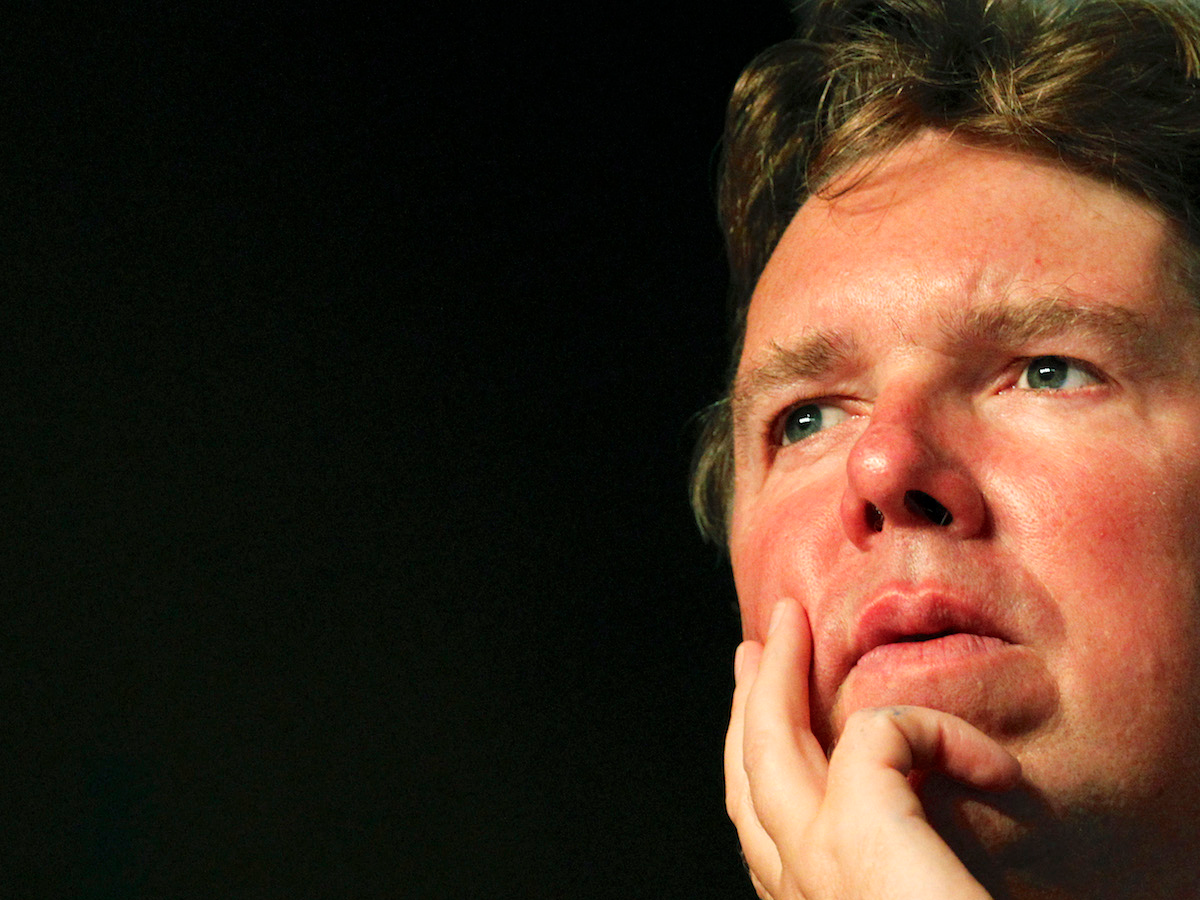A secret recording of two former Barclays bankers allegedly puts the Bank of England in the middle of the LIBOR fixing scandal that rocked the country, says the BBC.
In the recording from 2008, one banker claims that the central bank was pressuring huge commercial banks to keep LIBOR rates low.
LIBOR – the London interbank offered rate – is the daily measure showing the interest rate at which banks will lend to each other. It is used to set the price of hundreds of trillions of dollars worth of financial products.
The rate was rigged by traders from numerous banks, who agreed amongst themselves to submit rates that were either higher or lower than the rate should actually have been. It allowed them to make more money on trades.
Since the scandal first came to the public’s attention in 2012, the Bank of England has consistently said it did not know until much later about LIBOR rigging and lowballing.
However, the recording from 2008 uncovered by BBC Panorama appears to contradict the BoE's claim. A transcript of the secret recording between a senior Barclays manager, Mark Dearlove, and Barclays' LIBOR submitter Peter Johnson states that Barclays had "some very serious pressure from the UK government and the Bank of England about pushing our Libors lower."
The BBC claims that the conversation took place on the same day, October 29, 2008, as a phone call between former BoE deputy governor Paul Tucker and CEO Bob Diamond, on which LIBOR was discussed. Diamond and Tucker later told the Treasury Select Committee in 2012 that they only become aware of lowballing after 2008. Tucker stepped down from the BoE in 2013.

Here is a key part from the recording, as detailed by the BBC:
[Dearlove] "The bottom line is you're going to absolutely hate this... but we've had some very serious pressure from the UK government and the Bank of England about pushing our Libors lower."
Mr Johnson objects, saying that this would mean breaking the rules for setting Libor, which required him to put in rates based only on the cost of borrowing cash.
Mr Johnson says: "So I'll push them below a realistic level of where I think I can get money?"
His boss Mr Dearlove replies: "The fact of the matter is we've got the Bank of England, all sorts of people involved in the whole thing ... I am as reluctant as you are ... these guys have just turned around and said just do it."
Dearlove did not respond to the BBC for comment. Johnson, who was at Barclays for 35 years, was sentenced to 4 years in prison last summer after pleading guilty to accepting trader requests to manipulate LIBOR.
An internal Barclays note of the 2008 phone conversation between Tucker and Diamond appears to show that Tucker suggested Barclays might consider submitting lower numbers: "It did not always need to be the case that we appeared as high as we have recently," the note says:

Tucker denied in 2012 that he had pressured Barclays to lower its LIBOR submissions. In testimony to the select committee, Tucker said the note gave the wrong impression of what he had actually told Diamond. Barclays, in a submission to the Treasury Select Committee, also denied that Tucker had pressured Diamond to make the bank's LIBOR numbers lower.
The BoE gave the BBC the following statement:
"Libor and other global benchmarks were not regulated in the UK or elsewhere during the period in question."
"Nonetheless, the Bank of England has been assisting the SFO's criminal investigations into Libor manipulation by employees at commercial banks and brokers by providing, on a voluntary basis, documents and records requested by the SFO."
Business Insider has asked the BoE for further comment. You can read and watch the BBC's full report here.
In November last year, the BBC and the Times discovered court documents that claim senior figures at the BoE - including Tucker - knew about the rigging of LIBOR as early as mid-2007. Tucker attended a 2007 meeting with executives at Lloyds at which the inaccuracy of LIBOR was discussed, the documents state.

